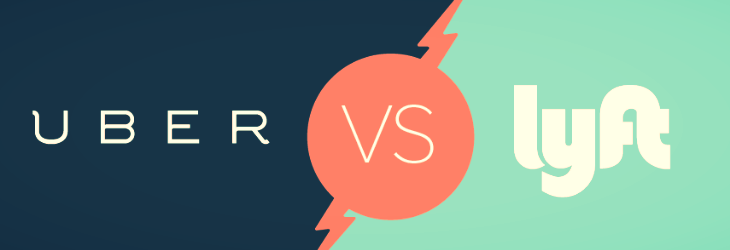Do you use your personal car for business? Do you have access to a company car? If the answer to either question is yes, you could have potential coverage gaps.
Example. Let’s say you use your personal car for business. It’s possible your employer is providing some coverage for you through your employer’s Commercial Auto policy.
Some coverage.
For the most part, the coverage that’s provided for your benefit is for liability only. Often times, this commercial auto policy doesn’t even apply until the limits on your personal auto policy are exhausted.
This is what insurance people call “excess” coverage.
Tip. You should talk with your employer about what, if any, coverage is available to you through the company’s commercial auto policy. That way, if you have an accident while on company business, you know who (or which insurance company) to call.
If you use your personal car for regular business purposes – trips, visiting clients, etc. – your personal auto policy likely provides coverage for these activities. (Assuming you have a personal auto policy to begin with, and that the limits of coverage you have are ‘enough’.)
But what if your car is actually a source of revenue?
You make deliveries, for example. Or you’re carrying passengers (are you driving for Uber or Lyft) or property for a fee? In these types of situations, you need a commercial auto policy.
Note. In fact, if you have an accident while delivering a product or using your car as a taxi, your personal auto insurer may well deny your claim. Talk to your agent to make sure you have coverage for all the business activities for which you use your car.
What about company cars?
Well, they can be an insurance problem, if you use the company car for business and pleasure, AND particularly, if you don’t have a car of your own.
Why?
Well, if you don’t have a car, you probably don’t have a personal auto policy. So if you don’t have a car (or personal auto coverage), but use a company vehicle for pleasure, you’re inviting disaster if you have an accident during a pleasure trip.
Tip. If you’re in this situation, you should have what is called a Named Non-Owned Auto policy.
This type of policy can also come in handy if you don’t have a car, and you rent a vehicle on a trip. Your non-owned auto policy will cover you and your rental car if you have an accident. Otherwise, you would probably need to buy coverage from the rental car company, coverage that is very, very expensive.
Curious about whether you need the insurance coverage offered by the rental car company? Get the answers to all of your questions, including the 3 scenarios where you should consider purchasing the insurance, in this article: Do I need the rental car insurance?
Please note: You can have coverage gaps even if you have a personal auto policy and use a company car for pleasure. Or if your spouse and/or children use the company car for pleasure. Find out from your employer the extent of coverage that’s available for your corporate car. Once you have this information, talk to your insurance agent about what additional coverage you might need.
Finding out you don’t have coverage after an accident is bad enough, but if it’s in a company owned car, you might find yourself in a situation where you’re trying to explain to your employer why you didn’t have the proper auto insurance coverage in place before the accident. An experienced, Licensed Insurance Advisor can help you get the answers to your questions.
If you’d like to learn more, contact one of our Licensed Advisors . We’re here to help.
